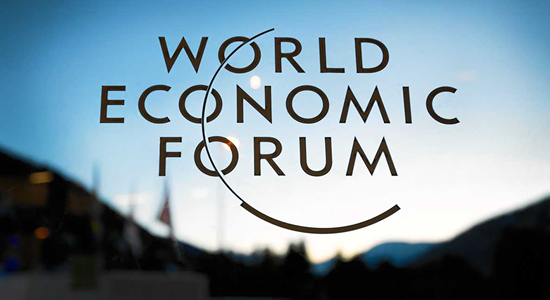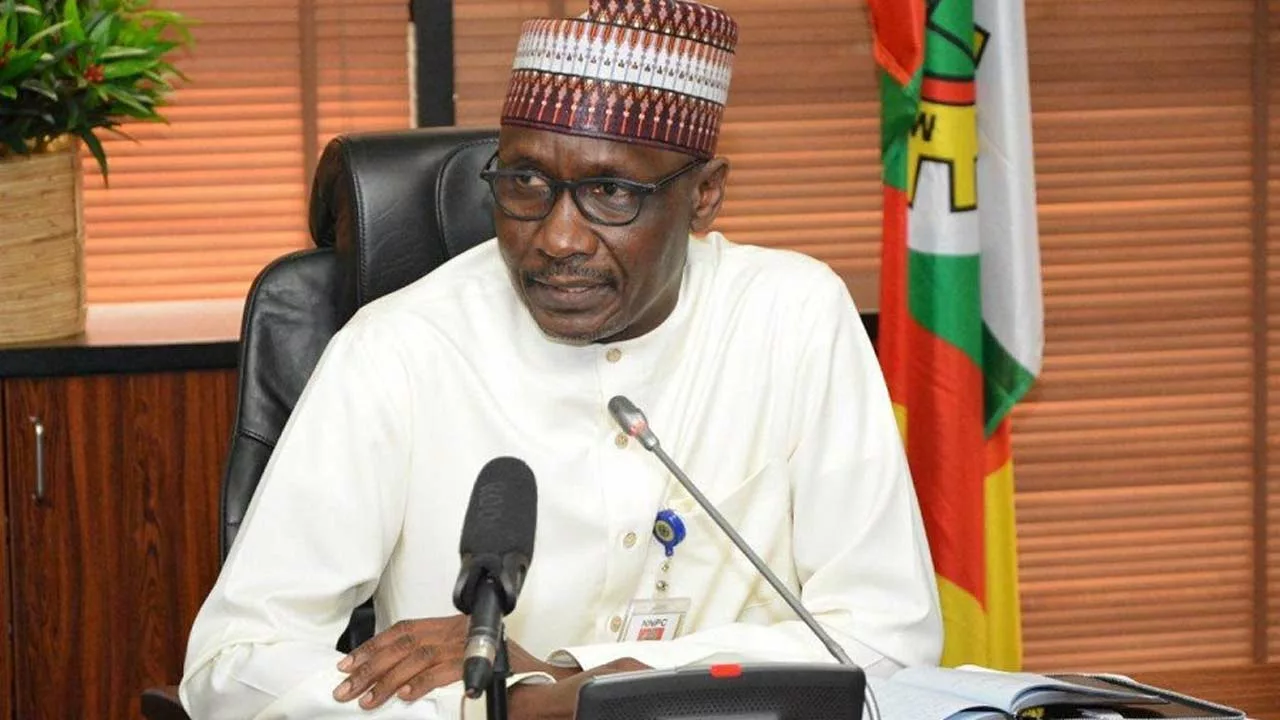The World Economic Forum Global Gender Gap Report 2017 finds the parity gap across health, education, politics and the workplace widening for the first time since records began in 2006.
In a press release Thursday, Director, Media Relations at the WEF, Oliver Cann, said a decade of slow but steady progress on improving parity between the sexes came to a halt in 2017, with the global gender gap widening for the first time since the World Economic Forum’s Global Gender Gap Report was first published in 2006.
According to the report published Thursday, overall, 68% of the global gender gap has been closed. This is a slight deterioration on 2016 and 2015, when the gap was 68.3% and 68.1%, respectively. Behind the decline is a widening of the gender gap across all four of the report’s pillars: Educational Attainment, Health and Survival, Economic Opportunity and Political Empowerment. These latter two areas are of particular concern because they already carry the largest gaps and, until this year, were registering the fastest progress.
At the current rate of progress, the global gender gap will take 100 years to close, compared to 83 last year. The workplace gender gap will now not be closed for 217 years, the report estimates. But with various studies linking gender parity to better economic performance, a number of countries are bucking the dismal global trend: over one-half of all 144 countries measured this year have seen their score improve in the past 12 months.
“We are moving from the era of capitalism into the era of talentism. Competitiveness on a national and on a business level will be decided more than ever before by the innovative capacity of a country or a company. Those will succeed best, who understand to integrate women as an important force into their talent pool,” said Klaus Schwab, Founder and Executive Chairman, World Economic Forum.
At the top of the Global Gender Gap Index is Iceland. Having closed nearly 88% of its gap, it has been the world’s most gender-equal country for nine years. The gap between Iceland and the second-placed country, Norway, actually widens as both Norway and third-placed Finland saw their gaps widen this year. The top five is completed by Rwanda (4) and Sweden (5). The next two countries in the Index, Nicaragua (6) and Slovenia (7), also achieve symbolic milestones this year closing 80% of their gaps for the first time. Ireland (8), New Zealand (9) and Philippines (10) make up the top 10.
Among the G20 group of countries, France (11) is ranked highest on gender parity, followed by Germany (12), the United Kingdom (15), Canada (16), South Africa (19) and Argentina (34). The US drops four places to 49 while, at the lower end of the group, no fewer than six countries rank at or above 100. These are China (100), India (108), Japan (114), Republic of Korea (118), Turkey (131) and Saudi Arabia (138).
Looking at the individual pillars of the Index, the report finds that in 2017 that 27 countries have now closed the gender gap in Educational Attainment; three more countries than last year. A total of 34 countries – four less than last year – have closed their Health and Survival gender gaps. Only six countries have closed the gap in both of these pillars. In Economic Participation and Opportunity, no country has fully closed the gender gap but 13 countries (two more than last year) have closed more than 80% of their gap.
Political Empowerment has the widest gender gap with only Iceland having closed more than 70% of the gap. Four countries have crossed the 50% threshold and 34 countries have closed less than 10% of the gap (five less than last year). Weighted by population, 95 countries rank below the Political Empowerment sub-index world average (0.227) this year.
“In 2017 we should not be seeing progress towards gender parity shift into reverse. Gender equality is both a moral and economic imperative. Some countries understand this and they are now seeing dividends from the proactive measures they have taken to address their gender gaps,” said Saadia Zahidi, Head of Education, Gender and Work, World Economic Forum.
Further details on report: http://reports.weforum.org/global-gender-gap-report-2017/press-release/




















